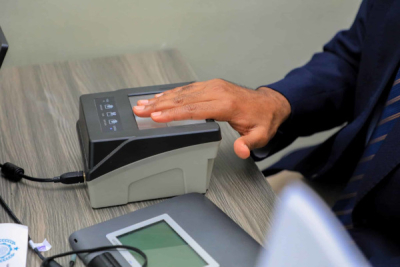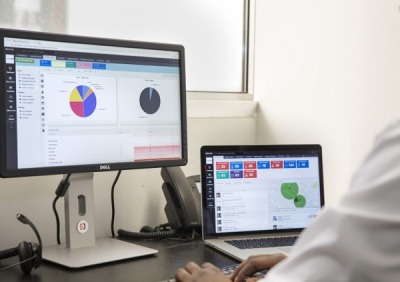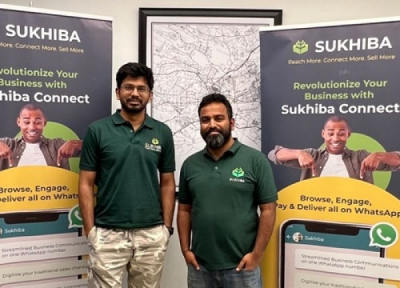• Super apps centralize services, boosting digital access in Africa
• Platforms like M-Pesa and Gozem drive regional adoption
• Infrastructure, regulation, and trust remain major challenges
A new generation of all-in-one applications, known as "super apps," is emerging in Africa, capable of managing a wide range of services from a single smartphone. Modeled on successful Asian platforms like WeChat and Grab, these apps integrate messaging, payments, transport, e-commerce, and even health services, providing centralized access to multiple functions. On a continent where a mobile phone is often the first point of entry to the digital world, super apps are positioning themselves as a strategic lever for accelerating digital transformation.
The super app model holds particular promise for Africa. The GSMA projects that the continent will have more than 1.1 billion mobile subscribers by 2028, even with limited physical infrastructure and banking access. By centralizing services into one application, these platforms address tangible needs for both urban and rural populations while promoting financial inclusion.
Market Leaders and Growth Drivers
Several companies are already competing in this market. M-Pesa, launched by Safaricom in Kenya, is a prominent example. Initially a money transfer service, it has evolved into a multifunctional platform that includes merchant payments, microcredit, and insurance. In West Africa, Gozem, often called "Africa’s Gojek," combines transport, delivery, mobile money, and financial services, with a strong presence in Togo and Benin. In East Africa, SafeBoda offers a similar model, ranging from motorcycle taxi booking to digital payments. Telecom operators are also developing their own ecosystems, such as Orange's Max It app, which offers mobile payments via its Orange Money service, as well as phone credit purchases, streaming television, and online shopping.
Super apps represent more than just a technical innovation. They contribute to digital and financial inclusion by reducing dependence on cash, democratizing access to services once reserved for those with bank accounts, and providing a digital storefront for small businesses. Artisans, traders, and informal entrepreneurs can reach new customers, accept electronic payments, and apply for micro-loans. These apps could also become growth engines by integrating services related to education, health, or agriculture.
Persistent Challenges
While the potential is immense, significant obstacles remain. Developing a super app requires massive investment in digital infrastructure and cybersecurity. The regulatory frameworks, which are often fragile regarding personal data management and consumer protection, present another barrier. Furthermore, a shortage of specialized skills slows the design and maintenance of these complex ecosystems. Finally, user trust remains a critical issue, as many people are still wary of digital services.
Africa does not need to simply copy the Asian model; it can create its own solutions adapted to local economic and social realities. For example, super apps could integrate cross-border payments to support the African Continental Free Trade Area or use artificial intelligence to optimize agricultural services and expand access to health and education via mobile devices. If these challenges are overcome, super apps could become a pillar of the continent's economic competitiveness by combining technological innovation, financial inclusion, and sustainable development.
Samira Njoya



















